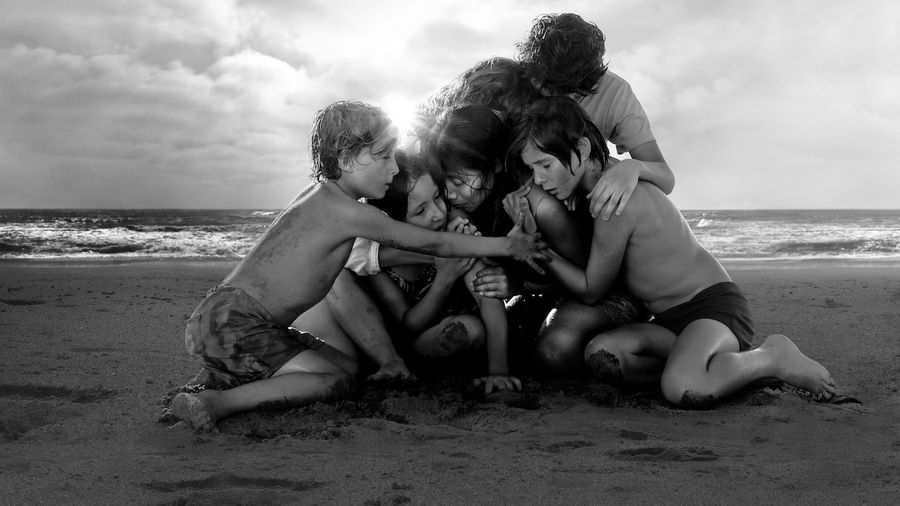Alfonso Cuaron’s 2018 film Roma was the first Mexican entry to win Best Foreign Language Film, as well as the Best Cinematography and Best Director awards at the 91st Academy Awards.
A Netflix Original, the film is a stellar example of Cuaron’s slow, artistic and emotionally resonating masterpiece where the filmmaker employs intimacy and clever use of shadow and light to affect the viewers deeply. Shot in a stunning monochrome, it reflects on the artistic mood, memory and monotone of a 1970s Roma.
Set in 1970-71 Mexico, ridden with the horrors and hardships of a student massacre, the film chronicles the life of an indigenous housekeeper, Cleo, who lives a simple life, caught between her duties as a devoted nanny and anxieties of impending motherhood.
An intricate mix of slapstick comedy and intimate insights into personal hardships, the film is a poignant commentary on the class and power dynamics that existed in the society, the film focuses on the humble acceptance of fate and disempowerment by the indigenous people.
The filmmaker had based the film heavily on several real-life experiences. Having grown up in Mexico City in the 1960s and 70s, Cuaron was aware of the socio-political conflicts adorning the nation as well as the other issues plaguing Mexican households dealing with poverty, class conflict and more.
With a nuclear physicist father, Cuaron had lived a comfortable life. He told variety that it was his class “guilt” that led him to make such a personal and intimate film and view the nation via a middle-class lens. “It was probably my own guilt about social dynamics, class dynamics, racial dynamics. I was a white, middle-class, Mexican kid living in this bubble,” said he.
He spoke of how he had no “awareness” about the world and was caught up in his “childhood universe”, often forgetting how his parents admonished him to make him be more empathetic to those “less privileged “ than him.
Talking about his nanny, Liboria ‘Libo’ Rodriguez, who had a huge impact on his life, he said, he elaborated on how she came from an indigenous village and her life was totally different to his cosmopolitan upbringing. The 74-year-old nanny helped answer a lot of questions while he wrote the film and jogged his memory to help his account be authentic and sincere.
To make the feeling realistic, Cuaron replicated his family home and the dynamic they shared to add a raw charm to Cleo’s character who quickly adapts to the household. Having based Cleo on Libo- whose mannerisms and attire he tried to emulate as well- Cuaron even went to the latter’s native village to find someone whose appearance would have striking similarities.
“All of that was to follow the story of the character in the film who’s called Cleo. She was the domestic worker in my home, the nanny, that we end up becoming part of her family, or she becoming part of our family.”
Based heavily on his experiences and childhood memories, Cuaron indulges the viewer with an intimate insight into what life was like in the 60s and 70s Mexico City.
Stream Roma on Netflix now.
